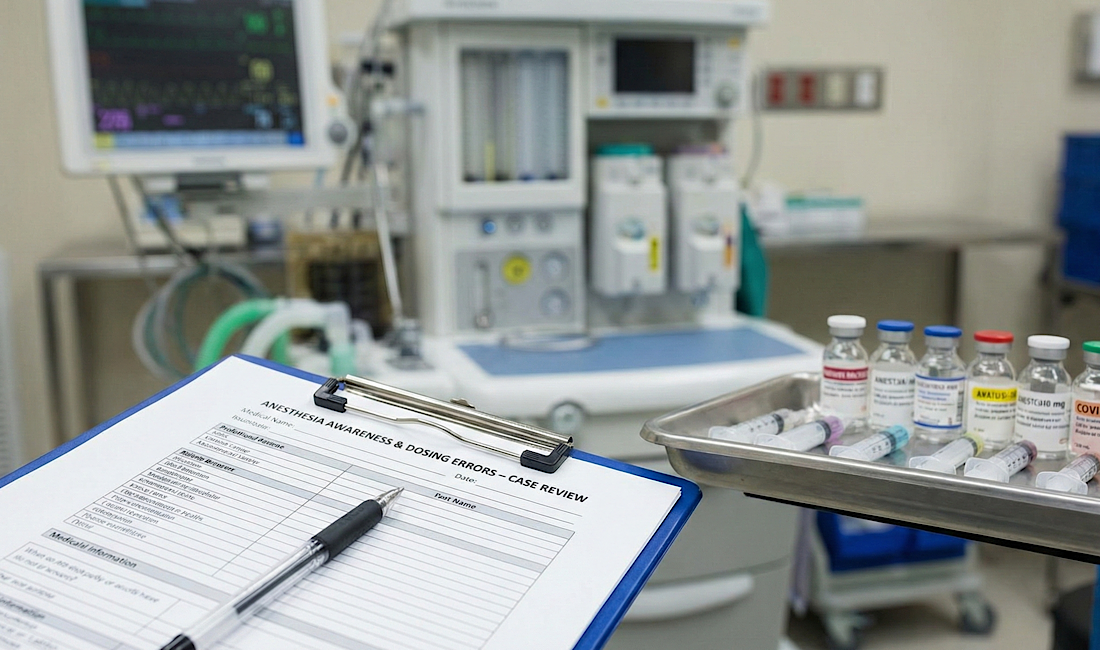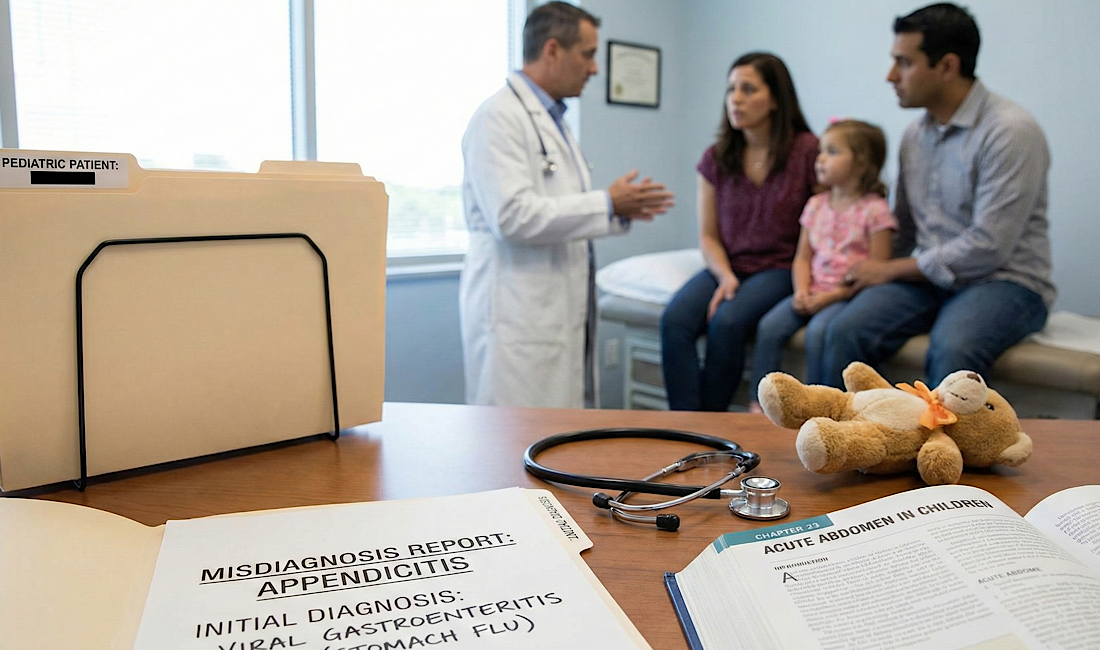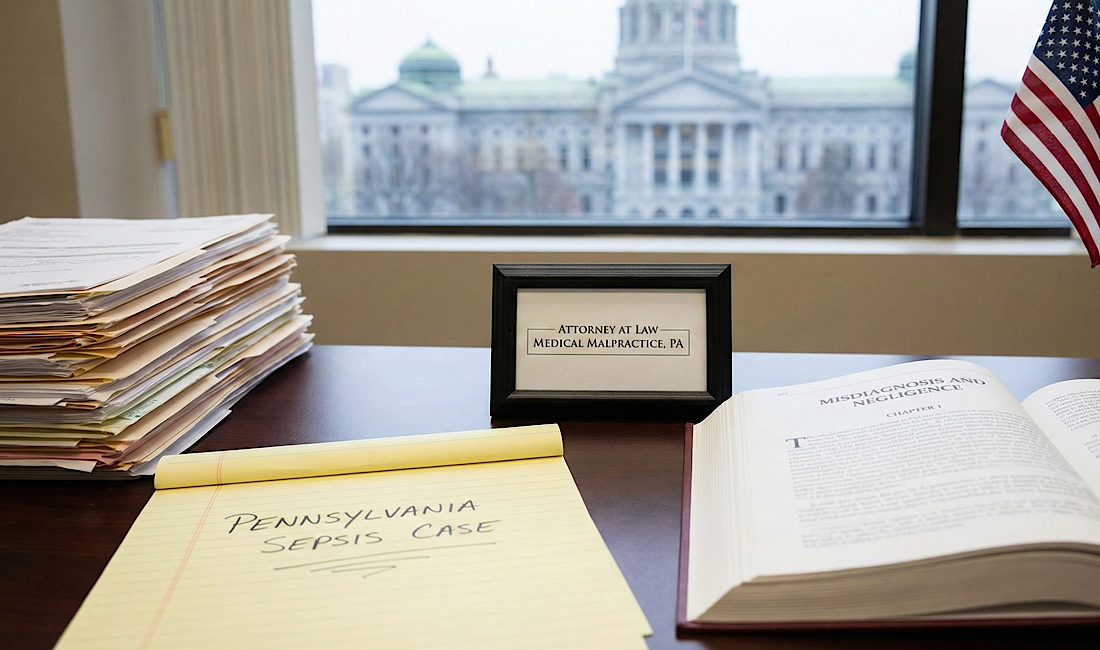Understanding Abnormal Findings on Diagnostic Imaging
When your doctor orders a radiology test, like an MRI or a CT scan, it's usually to get a clearer picture of what's going on inside your body. But what happens when the results come back with something unexpected? In Pennsylvania, we understand that knowledge is your best ally when it comes to health. That's why we want to help you understand what abnormal radiologic findings mean, and what you can do about them. That's why we want to help you understand what an abnormal finding on a radiology exam means, and what you can do about it.
What Are Abnormal Radiologic Findings?
'Abnormal' in radiology terms means the experts saw something they didn't expect to see. It could be anything from a tiny shadow that wasn't there before to a change in the size or shape of an organ. These findings can pop up in all kinds of tests, like X-rays, MRI scans, CT scans, and ultrasounds.
Identifying Abnormal Findings
Trained radiologists and technologists work together to spot these odd findings. They know what to look for and can often tell if what they see is a sign of something serious. They're like detectives, looking for clues in the images that could explain what's happening with your health.
Common Types of Abnormal Findings
- Tumors: These show up as unexpected lumps or masses. They might be nothing, but they could also be serious, so further checks are needed.
- Fractures: These are breaks in bones that clearly show on X-rays.
- Infections: Signs of infection could include swelling or areas that look different than usual on the scan.
- Odd Organ Shapes: If an organ doesn't look like it normally should, it could indicate a health issue.
The Next Steps After an Abnormal Finding
An abnormal result doesn't always mean bad news. But it does mean that doctors will probably want to do more tests to figure out what's going on. They might ask for more scans, blood tests, or even a biopsy, where they take a small sample of tissue to look at more closely.
Understanding Pennsylvania's Patient Test Result Information Act
Pennsylvania has a law called the Patient Test Result Information Act. Since December 23, 2018, this law says that if a radiology test finds something seriously wrong, the place that did the test has to let you know directly, usually within 20 days. They should tell you:
- The doctor who ordered the test
- When the test was done
- When the results were sent to your doctor
- How to talk to your doctor about the results
- How to get the full test report
This law is there to make sure you're in the loop about your health, especially if the test shows something that needs quick action.
Navigating Radiology Malpractice in Pennsylvania
When radiology errors occur, such as misinterpretation of results or failure to communicate significant findings, it can have serious consequences for your health. This is where radiology malpractice comes into play. In the unfortunate event that a radiologic error leads to a delayed diagnosis or inappropriate treatment, malpractice attorneys in Pennsylvania are available to help patients understand their rights and options.
Malpractice attorneys specialize in reviewing cases where medical professionals may have failed to uphold the standard of care required. These legal experts can provide guidance on whether a radiology error could be grounds for a claim and assist in pursuing justice and compensation for affected patients.
What Radiologists Need to Know in Pennsylvania
Here in Pennsylvania, radiologists have to follow specific rules because of the Patient Test Result Information Act. They need to tell patients quickly about any serious findings and work closely with other doctors to make sure the right steps are taken next.
The Big Picture
Radiology is a powerful tool in medicine. It helps find out what's wrong and how to treat it. If you ever get an abnormal radiology report, remember it's the start of finding answers, not the end. With good communication and the right follow-up, you can take charge of your health and get the care you need.
Understanding your radiology report can feel overwhelming, especially if it shows something you didn't expect. But remember, in Pennsylvania, you're not alone in this. The law ensures you're informed, and medical professionals are there to guide you every step of the way. So if you ever get one of these reports, take a deep breath and know there's a clear path ahead to follow for your health and peace of mind.





